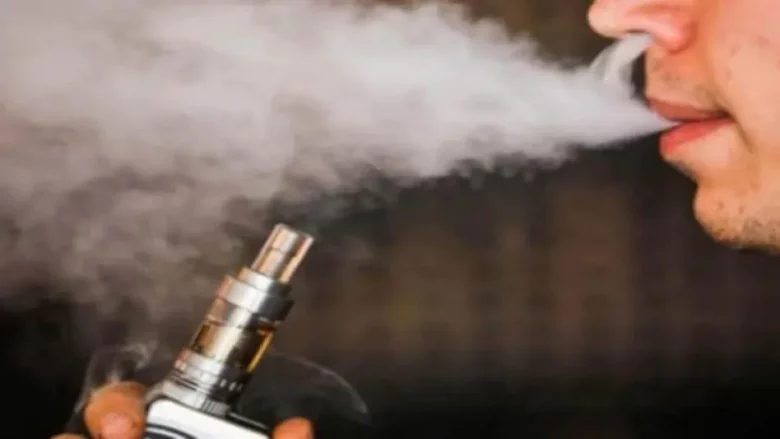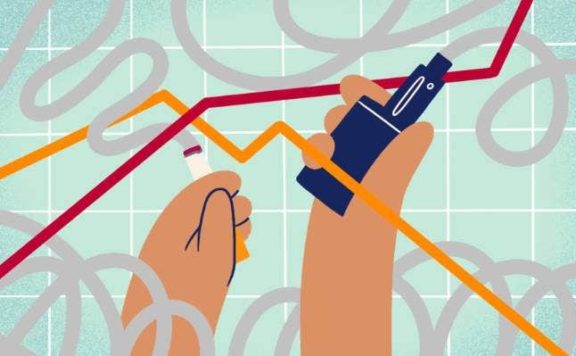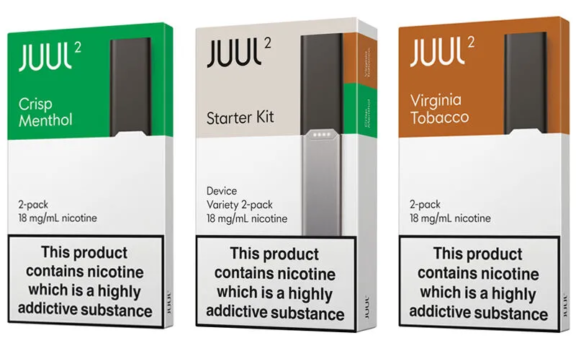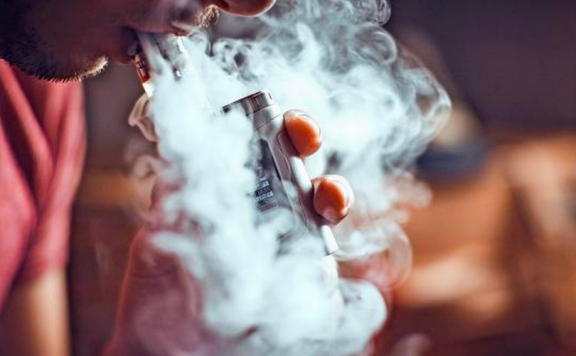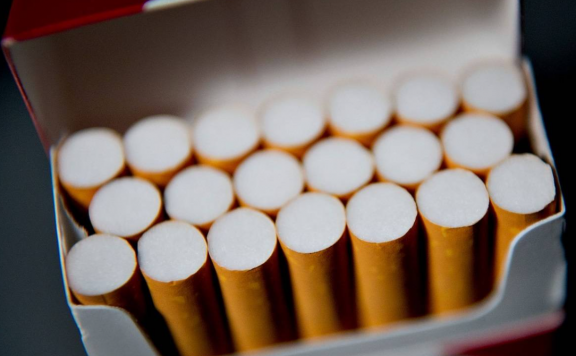Vaping equipment and e-cigarettes will no longer be sold in Mexico. According to Mexican authorities, the ban on the sale of vaping gadgets follows the rising concern about the risks of vaping on human health.
President Manuel Lopez Obrador announced the ban during the commemoration of World No Tobacco Day. The ban came alongside a raft of restrictions targeting smoking in public spaces.
The Minister of Health in Mexico, Hugo Lopez Gatell, downplayed the claims that vaping offers smokers a healthy alternative to tobacco.
“The vapors are also harmful to human health,” Lopez Obrador remarked during the signing of the bill into law, asserting that the vaping devices have been made in a manner that captivates young people. While displaying a pink vaping gadget, Lopez Obrador said, “Look at the color, the design.”
Earlier, Mexico had stopped the importation of e-cigarettes; however, companies were still selling their remaining stocks.
The new law will affect both the marketing and selling of the products.
At the same time, the authorities in Mexico City stated that laws are underway to ban any kind of smoking within the main square of the capital, Zocalo, as well as the suburbs.
For over a decade, there have been laws prohibiting smoking in closed areas, restaurants, bars, shops, and government premises in Mexico.
Legislators are also slated to vote for or against smoking in stadiums, entertainment venues, and beaches.
According to the government’s estimates, over 5 million Mexicans have made at least one vaping attempt.
Are there risks linked to vaping?
There are inadequate research findings to support the effects of vaping; however, a few studies have found serious harms.
According to a report released in early 2020 by the Center for Disease Control and Prevention, there were 2,807 cases of patients who died in the US states as a result of lung injuries linked to vaping.
The CDC reported that the cases, referred to as EVALI cases, were associated with vitamin E acetate that can be found in certain vaping liquids.
Vaping in restaurants is prohibited in some municipalities and states in the United States. In others, the sale of flavored vaping liquids is not allowed.
In 2009, India declared a ban on all e-cigarettes.
The National Health Service in Britain stated that it was on the verge of investigating whether doctors could prescribe vaping products as a way of helping individuals quit smoking because vaping is viewed as less risky compared to smoking tobacco.

